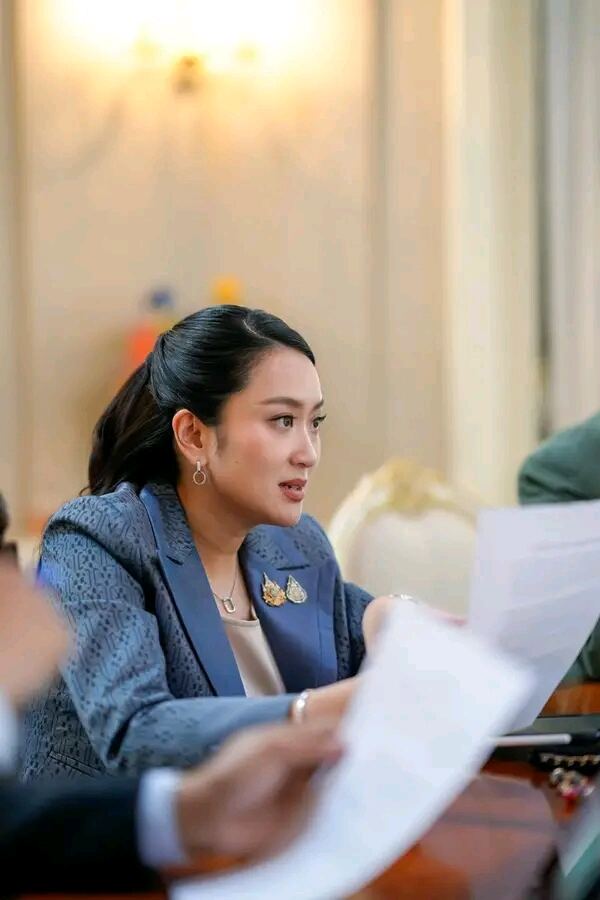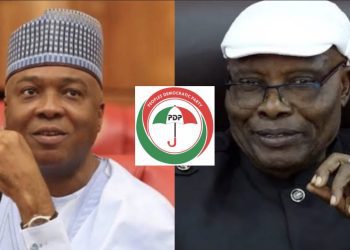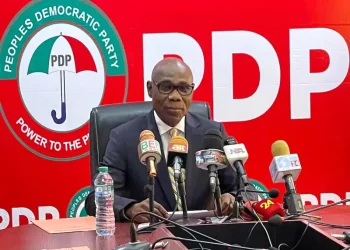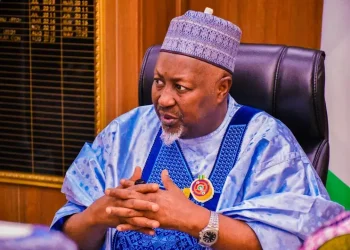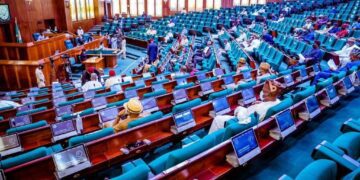Thailand has been plunged into political uncertainty following the dramatic suspension of Prime Minister Paetongtarn Shinawatra after a leaked phone call with former Cambodian Prime Minister Hun Sen sparked national outrage.
The Constitutional Court’s ruling on July 1, 2025, comes amid a flurry of protests, coalition defections, and growing fears of a broader political implosion that may threaten the stability of her government and deepen divisions in the country.
The leaked call, reportedly recorded on June 15 and released days later by Hun Sen himself, featured Paetongtarn Shinawatra making comments that critics say undermine national sovereignty and display questionable political loyalties.
In the audio, Paetontgarn Shinawatra affectionately referred to Hun Sen as “uncle” and offered to assist him with anything he might need. Most controversially, she described Thailand’s army chief as belonging to an “opposing side,” a statement viewed by many as a reckless politicization of the military and a veiled attack on the monarchy-aligned armed forces.
Within days of the recording surfacing, protests erupted in Bangkok and several provinces. Demonstrators accused the Prime Minister of betraying Thailand’s national interest. Some demanded her resignation, while others called for the dissolution of the ruling coalition entirely. Political pressure intensified when 36 senators submitted a petition to the Constitutional Court, accusing Paetongtarn Shinawatra of violating the constitution and failing to uphold the ethical conduct required of her office.

The court voted 7–2 to suspend her from her duties pending a full investigation into the matter. While not a permanent removal, the suspension effectively sidelines her at a moment of deep vulnerability for her government.
The consequences were immediate. The Bhumjaithai Party, which holds a significant bloc of parliamentary seats, announced its withdrawal from the coalition. The Party, a key partner in the ruling coalition with 71 seats in parliament, officially withdrew its support for Paetongtarn’s government.
Citing the audio leak as a violation of national sovereignty, the party’s leadership stated that it could no longer endorse a prime minister who had “compromised the country’s dignity in the international sphere.” This departure has left Paetongtarn’s Pheu Thai Party in a weakened minority, with no clear pathway to rebuild a stable majority. The risk of a no-confidence motion or even a call for fresh elections now looms large.
The suspension of Paetongtarn Shinawatra is more than just a legal or procedural matter. It is a highly symbolic moment in Thailand’s tumultuous political history, especially considering her lineage. As the daughter of former Prime Minister Thaksin Shinawatra, whose political dynasty has long clashed with conservative elites and military leaders, her rise to power was already mired in controversy.
Many saw her leadership as a continuation of the Shinawatra legacy, while others hoped her youth and political tact would open a new chapter of reconciliation. That hope has now dimmed. Critics argue the leaked call is a reflection of entrenched family-based political networks that remain overly friendly with foreign powers and adversarial toward Thailand’s own institutions.
As acting Prime Minister, Deputy PM Suriya Juangroongruangkit is now tasked with taking Thailand through this volatile moment. But his authority is uncertain, and he may struggle to command legitimacy without clear backing from the full parliament.
Meanwhile, opposition parties are regrouping. The progressive Move Forward Party and the Democrat Party have begun pressing for a formal inquiry and national debate on the conduct of top government officials. Civil society groups and royalist factions are also gaining momentum, fueling speculation about a broader effort to dismantle the remaining Shinawatra influence from Thai politics entirely.
Thailand has experienced multiple coups, political assassinations, and constitutional rewrites in the past two decades. This latest development only adds to the pattern of instability that has defined the country’s recent political landscape. For the average Thai citizen, already grappling with rising living costs and stagnant reforms, this suspension signals more uncertainty and fewer prospects for long-term governance continuity.
What’s Next for Paetongtarn Shinawatra?
In the coming days, the Constitutional Court will begin its formal review of the ethics charges filed against Paetongtarn Shinawatra. If found guilty, she could face permanent removal from office, a ban from future political activity, or further legal prosecution. In the meantime, her supporters within the Pheu Thai Party will likely scramble to prevent a parliamentary collapse, possibly seeking alliances with smaller parties to rebuild a working majority.

However, the opposition may seize the moment. Calls for a no-confidence vote are already growing louder, and if more coalition members defect, a snap general election could become inevitable.
The military, historically a key actor in moments of political crisis, has remained publicly silent but is likely monitoring the situation closely. If public unrest grows or the government fails to maintain institutional control, the possibility of indirect intervention cannot be ruled out.
At the regional level, Thailand’s relationship with Cambodia and other ASEAN partners may come under scrutiny. The fact that the leaked conversation involved assurances to a former foreign leader has raised diplomatic concerns and could damage Thailand’s standing within the regional bloc, especially if interpreted as a breach of neutrality or internal protocol.
For now, the eyes of the nation remain fixed on the Constitutional Court and the steps that Paetongtarn Shinawatra herself will take. Whether she chooses to fight, resign, or negotiate behind closed doors may define not only the trajectory of her own political career but also the broader direction of Thai democracy for years to come.















